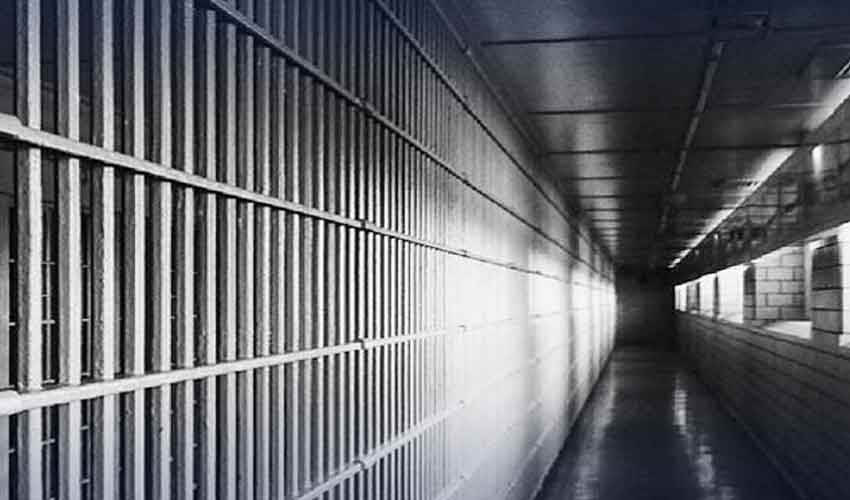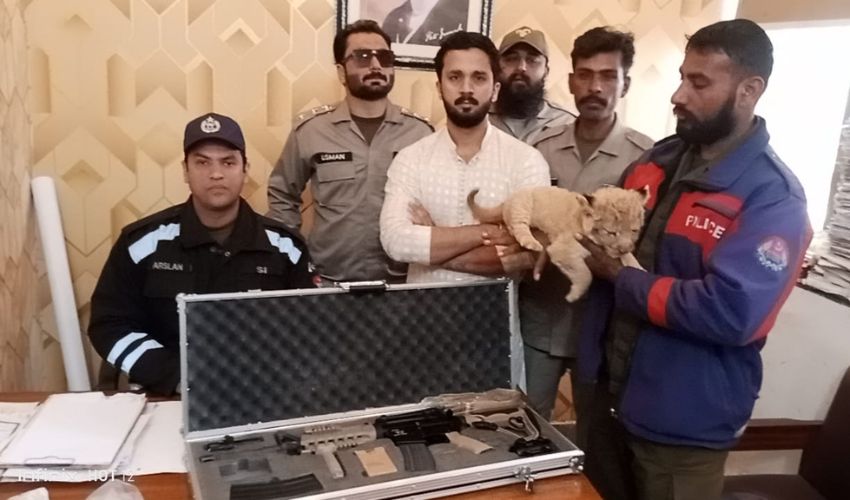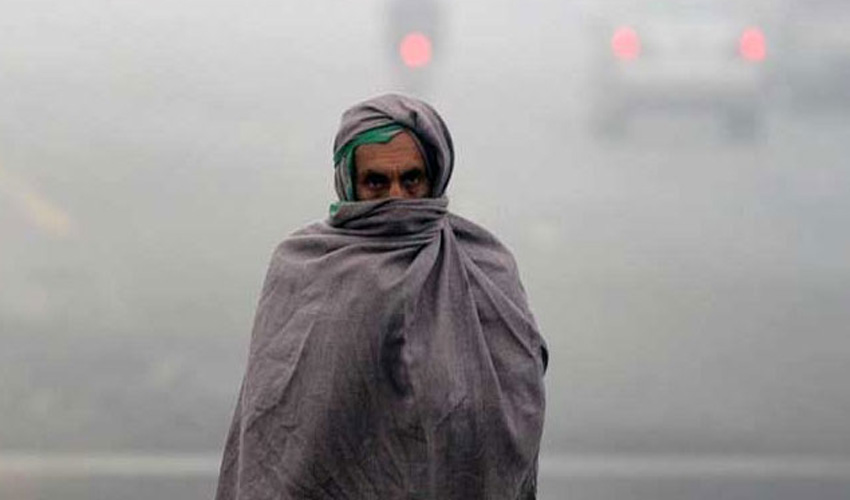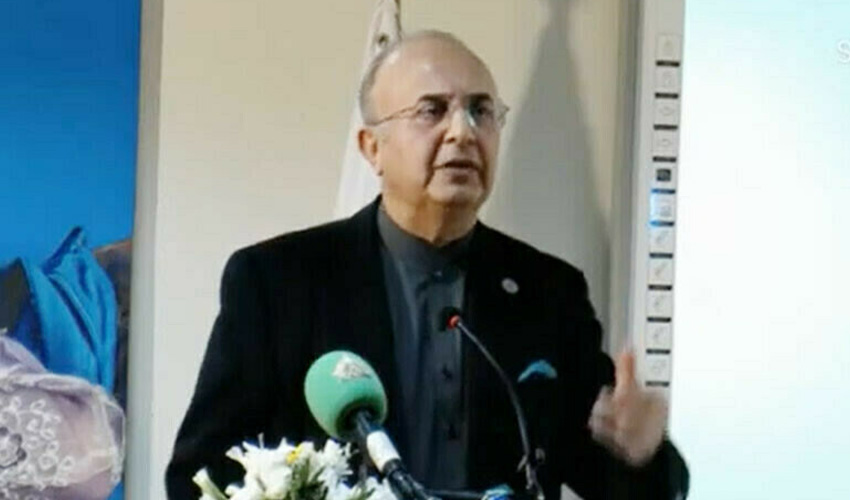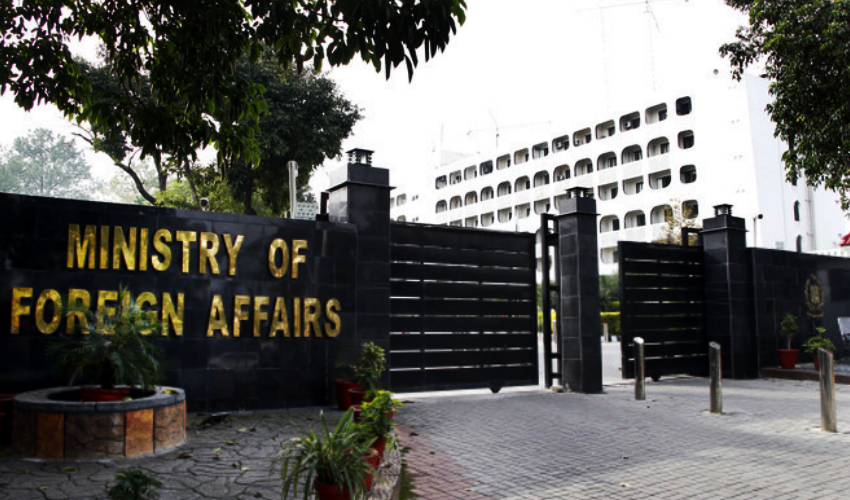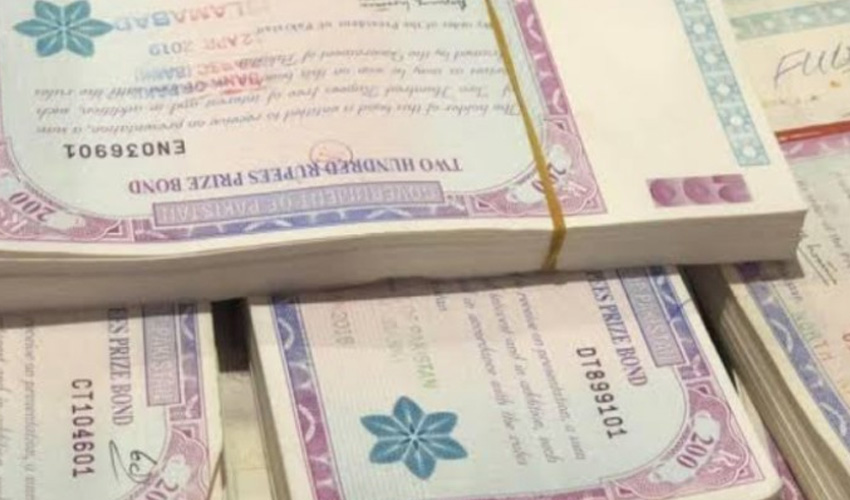In the realm of justice and human rights, the Committee for the Welfare of Prisoners (CWP) shines as a beacon of hope and resilience. Since its inception, CWP has been a leading advocate for the rights of marginalized communities, especially those within the prison system. With unwavering dedication and loyalty to its cause, CWP has paved the way for a more just and equitable society.
CWP's journey began with a vision to address the systemic issues plaguing the prison . With a team of dedicated individuals, including section heads and administrative staff, CWP embarked on a mission to bring about tangible change. Despite the challenges ahead, their commitment remained steadfast.
Reflecting on the 20-year journey of the Committee for the Welfare of Prisoners, which began in 2004 as a pilot project within the Women's Prison Karachi under the leadership of Justice (r) Nasir Aslam Zahid, the vision was clear: to provide legal representation to first-time petty offenders lacking private legal assistance.
From its humble beginnings within the Women's Prison of Karachi, CWP has expanded to encompass 20 prisons across Sindh, with a dedicated team of 31 lawyers. Their mission goes beyond mere legal aid; they aim to redefine perceptions of prisoners and offer them a chance at rehabilitation and a brighter future.
CWP's primary objective has been to alleviate prison congestion by offering free legal assistance to under-trial prisoners charged with minor offenses. Over the past two decades, they have achieved significant milestones, including representing 28,485 under-trial prisoners in court, resolving 24,016 cases through court orders, securing bail for 10,143 individuals, and obtaining 11,038 acquittals on merit.
A pivotal moment in CWP's success was Sindh's leadership in reforming outdated prison laws in 2019, replacing the Prisons Act of 1984 with the progressive Sindh Prisons and Corrections Service Act and Rules 2019. Under this new framework, CWP found legal recognition under section 55.
CWP's commitment extends beyond legal aid; they engage in research-based advocacy and rehabilitation efforts for prisoners in Sindh. As we commemorate their 20-year journey, let us consider the positive impact we can make each day, reaffirming our dedication to extending legal support and offering a path to redemption for those ensnared in the criminal justice system.
As CWP continues its journey under its new leadership, it is important to acknowledge the potential challenges ahead, including resource constraints. For government-formed committees, operating with transparency, independence, and accountability is crucial. This can be achieved through clear mandates, inclusive stakeholder engagement, regular reporting mechanisms, and oversight by relevant authorities or bodies.





